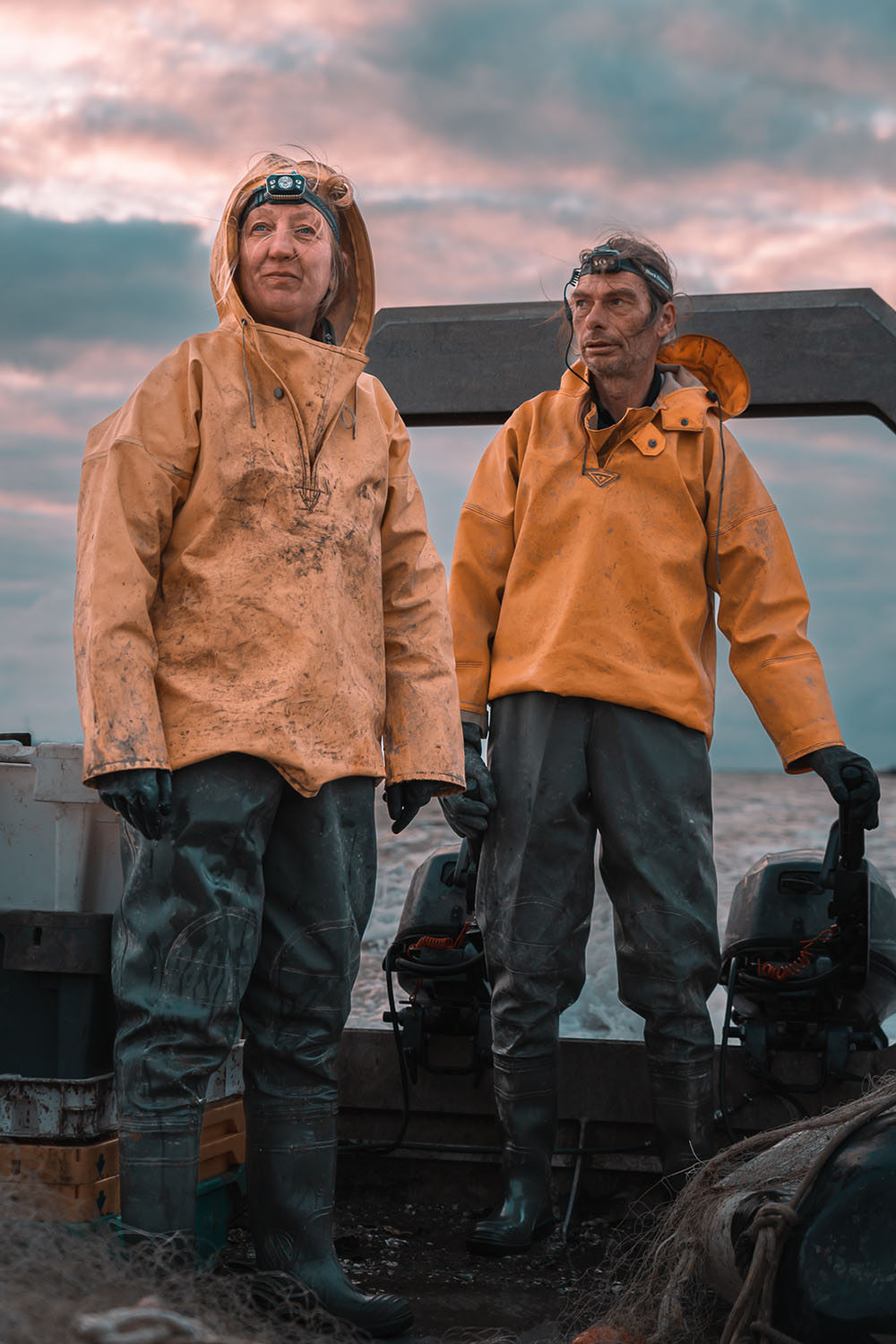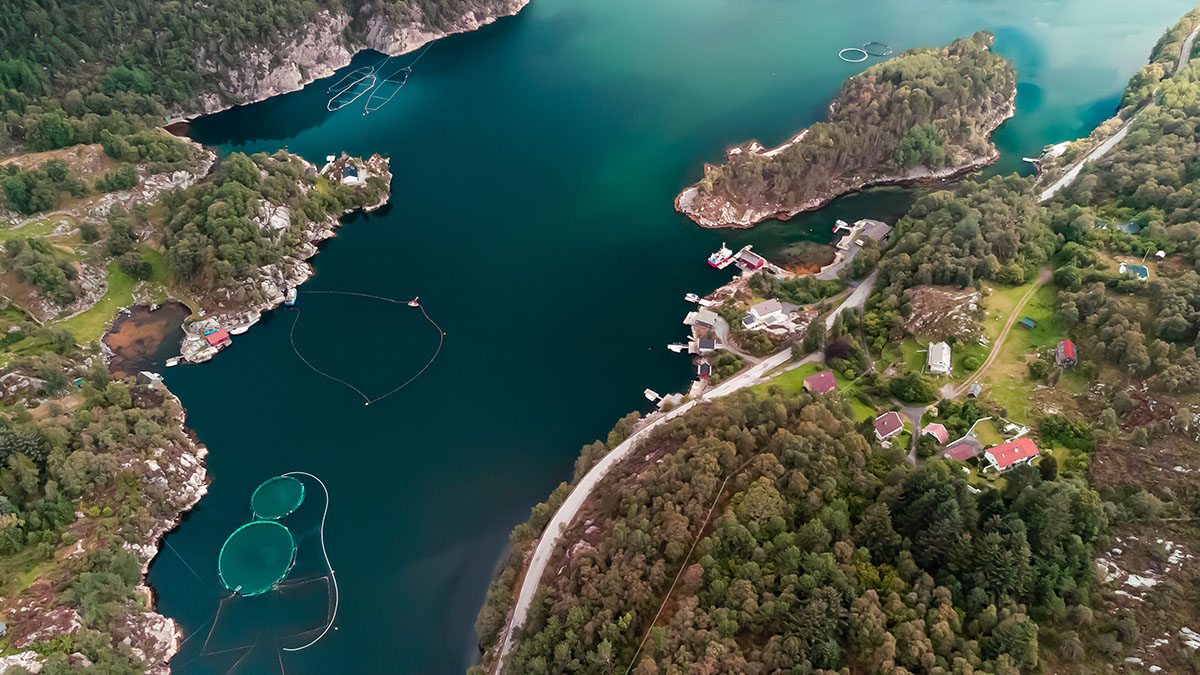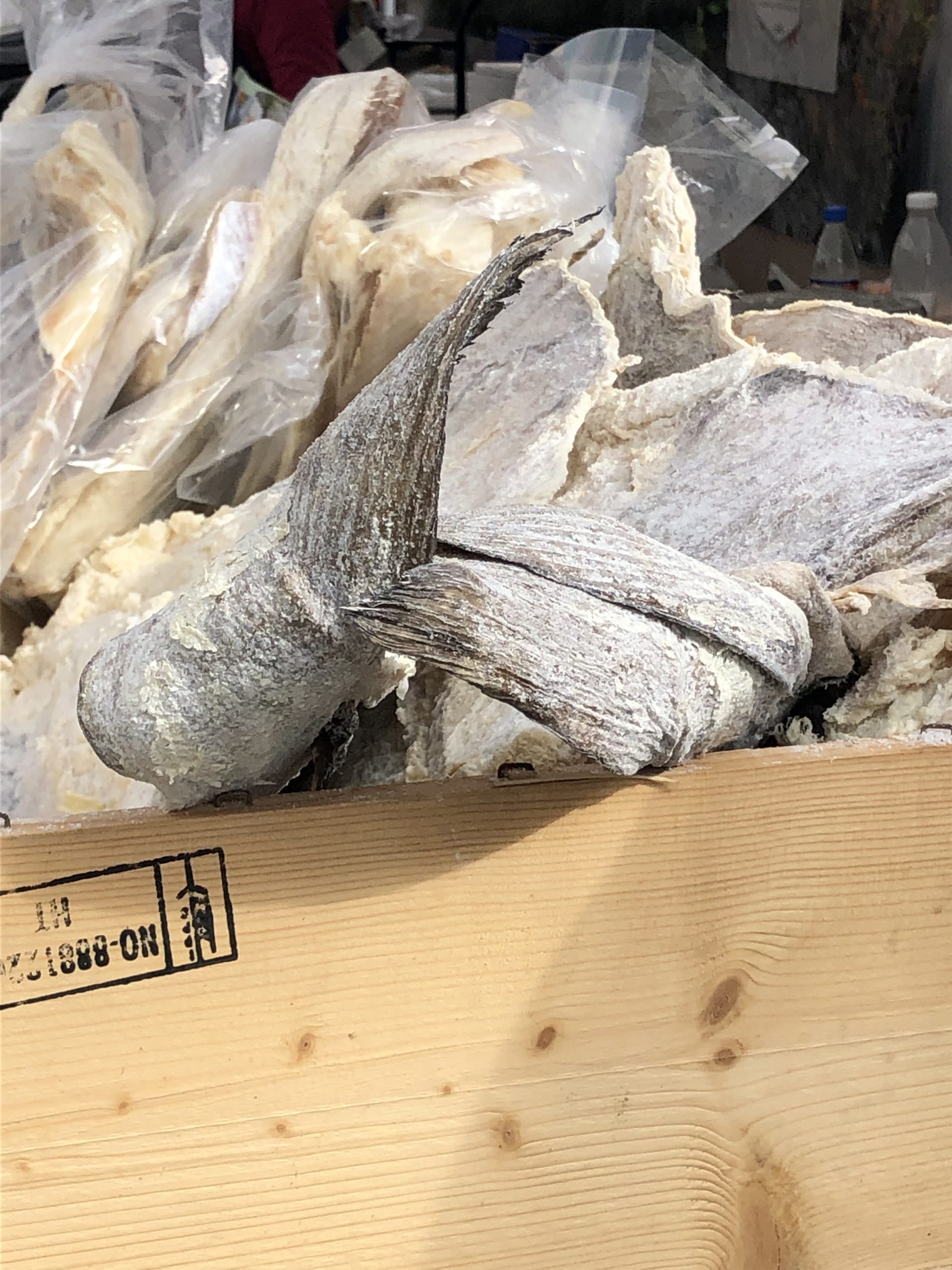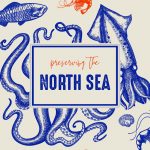Despite the long silence online, we can assure you that we have been very busy offline. After a few setbacks this spring, much of what we had hoped to achieve this summer has been accomplished.
What did we want to do, you ask?
Below you will find a list of our 10 big achievements of the last few months. Over the coming weeks this list will become a portal to in-depth stories, recipes, and videos that we have gathered, and caught, along the way. Check back soon.

Oysters in the Waddenzee
In May we returned to the Netherlands for another trip with the people at the Goede Vissers. They took us out on the 100 year old TS31 freighter that they have converted into their home and fishing vessel. Along with two WOOFERS, we climbed off the boat at low tide in the middle of the Waddenzee, the largest intertidal zone in Europe, to hunt for oysters. The oysters we harvested, through the night by the way, are some of the largest and most delicious ones we have ever tried.
In August we visited Kiel, Germany. There we met with Jens of the Lighthouse Foundation. Last year, he invited us to visit him after we serendipitously met at a dinner Jennifer prepared for fishermen in Denmark. His foundation supports fisherfolk around the globe and provides funding for projects that protect ecologies and communities alike.
After our visit, we took the ferry to Bergen, Norway. The overnight trip deposited us among the western fjords as the sun was coming up. A spectacular way to greet such a unique sea/landscape.
Slow food @ Bergen, Norway
In Bergen, we met with members of the Slow Food Bergen network. They introduced us to two of their projects: developing a market for ‘pir’ mackerel and retelling the story of stockfish (dried cod). Our new friends also helped plan and realize the remainder of our journey to the surrounding fjords.
Together with the intrepid Frode Stronen, we headed to Fitjar, about 2 hours south of Bergen. There we spent almost 3 straight days discussing the ‘pir’ paradox. It took me that time to wrap my head around this tricky problem. Despite meeting and listening to the stories of fisherfolk for over a year now, they each have their own unique challenges which frequently surprise and confuse me. In the case of pir, it turns out to be a distribution and marketing system problem. Specifically, pir seems to be another sacrifice of heritage cuisine in the ongoing battle of industrial monoculture against food diversity. And yet…
Pir @ the Bomlo fjords

After our visit with Frode, we went fishing for 4 days with a family on the isle of Bomlo. There we heard another story: one about ecological sustainability. The pir, as it happens, is an immature mackerel. According to scientific and governmental standards, it should not be caught. Rather, it should be left to mature and reproduce. How can we preserve both heritage and the fisheries? Can we even propose such a solution? Or must there be sacrifices? And finally, who gets to decide: the authorities in the capital cities or the indigenous and local communities with their feet in the water?
The Bergen food festival
Returning to Fitjar, we participated in a grand gutting! Determined to bring the pir back to the public, the Slow Food Bergen network was preparing 600 fish to sell at their booth at the upcoming Bergen Food Festival. We got involved and worked with the people at a local culinary school to clean and store the fish.
With many questions still swimming in our heads, we headed back to Bergen to attend the festival. The sun was bright and the air warm for early September in Norway. At their booth, Frode and the gang had set up a grill. The smoke drew in festival attendees, just like the large lights that our fisherman used at night in the fjords to attract the mackerel. On the morning of the second day of the festival, all of the fish were gone.
Terra Madre @ Torino, Italy
Thanks to the Slow Food Bergen event, and our video of it, Joseph was invited to Torino, Italy at the end of September. There he attended the Terra Madre biennale, and held interviews with fisherfolk from Spain, Ecuador, and Canada. He will also be responsible for writing a summary of the Slow Fish events. This upcoming document focused on the asymmetry of the so-called “Blue Economy” and the recommoning of the oceans will appear on the Slow Food website by November 2022.

A winter of experimentation
Now back in Antwerp, we’re getting down to some recipe experimentation. Our Norwegian friend Terje gifted us with a whole bunch of lutefisk. It’s a dried cod that has been reconstituted and then preserved in a bath of lye. We’ve been warned that it will smell absolutely putrid when we open the bag, but not to worry. It’s one of the best fish he’s even prepared.
There’s a lot to unpack in there. From food heritage to fishing methods, political economies of food distribution to the philosophy of Slow Fish. And of course the recipes. We’ll be busy this winter digesting everything we learned, and ate, over the last few months.




Recent Comments